Words are code. Written, spoken, thought. We, humans, invented words. Words are interesting because they both give space for meaning, understanding, and connection while also labeling, limiting, and restricting. Words organize and put things into boxes but also allow us to ship those boxes to the moon with the greatest of imagination. They can offer certainty or introduce uncertainty, all with the slightest of change.
This is an enormous topic that could go in so many different directions – the power of, creativity with, art, creation of, meanings, eloquence, philosophy, etc. – so I’m going to hone in on only a few thoughts today, saving others for a different day.
Relationship to Words
I have no better examples of how we all relate to words differently than with my three children. They are at vastly different ages and stages, but I can look back at their earliest stages with words and see how they’ve come to where they are now. While we all speak the same language, the same code, they have wildly different relationships to that code.
The Artist
My daughter has her own written language for her words. When she writes a card to someone we make a video of her reading it to the recipient, so they, too, can know what her words mean. This is her way of relating to words and learning.
PRESS PLAY
Unlike my boys, she is not interested in learning the written code already created, instead preferring to invent her own. She has never, ever been interested in sitting down on our laps for a nighttime story, instead preferring to “read” the stories to us. Her stories are typically more creative, vivid, and detailed than what is written so she may be onto something! It is fascinating to watch her creativity with this and will be an interesting transition to witness when she finally acquiesces and learns to read and write as we all know it.
The Surgeon
My older son is a word maven, so particular about the nuance of word choice, it is taking him an extra few days to put together his thoughts on his gap year. (Nudge) He has been attracted to books from early childhood – he and I would sit and read through a stack of baby books 3 times at least before every nap or nighttime tuck-in. He was quiet, focused, and intent, reading and writing well before Kindergarten. He uses words with precision and likes to explore the fine differences between similar words, and debate is one of his favorite activities.
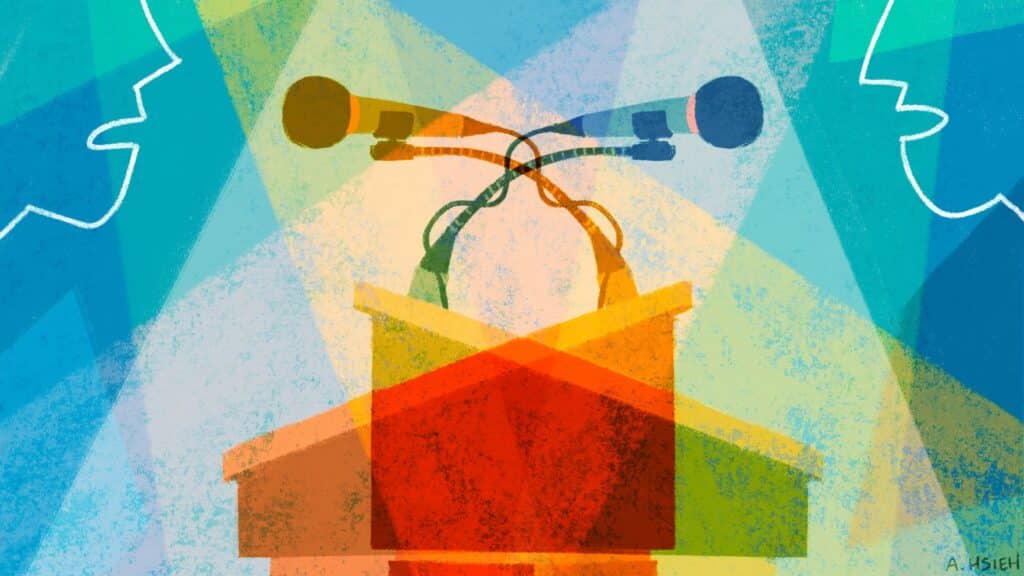
The Inventor
My younger son likes to invent funny words and restaurant names, purely for entertainment. These are often a combination of two words, a fun game to see what the best result can be. Things like:
- Chimken
- Sclator
- Chnugs
- Scase
- Clonder
- Anjery
- Levator
- Bepis
- Conk
- Spubby – eef freef
- McNaldo’s – I like the it
- Taco Baco – tinkle outside the binkle
- Weedy’s – old fashioned hurgis-burgis
Can you guess what these mean? Submit your answers and win a PRIZE!
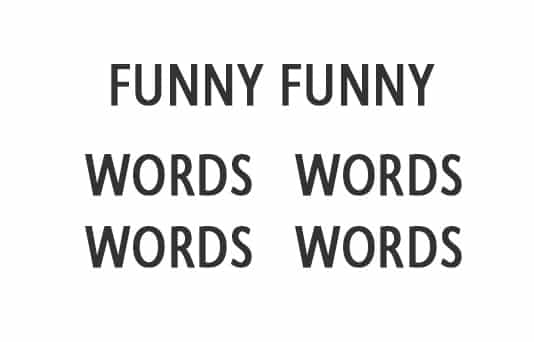
Let’s look at the grown-ups…
The Speaker
David is a Maestro when it comes to the spoken word. He should have lived in the times of Cicero and been a orator in Rome. He is eloquent, persuasive, and engaging. It is one of the first things about him I was attracted to. He is also a master conversationalist, able to strike up a natural conversation with ANYONE! Writing? Less his forte.

The Student
As I write daily blog posts and love letters, I’m a student of words. I suppose I have elements of all three of my kids in my approach. I seek to write with impact, meaning, clarity, but also beauty, eloquence, and creativity. The more I write, the more there is to learn and practice. And along the way, I am falling in love with writing, thinking, and sharing through words.
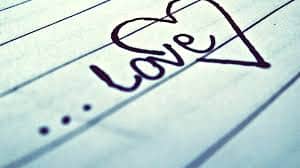
Differences
Look at how different we all are! This shows me that while we speak the same language, we don’t relate to it in the same way at all. It is no wonder we all have misunderstandings and communication breakdowns! Forget about intent, we aren’t even relating to the words in the same way. Not just in my own house, but with everyone.
Think about it.
What is your relationship to words and how do those close to you relate to words? How do they differ? Take a few minutes to analyze this and see what you discover!
And then, go talk about it. With words.
If you have landed on this page from an external link, please go HERE to read from the beginning. Otherwise, click on the next title below to continue.
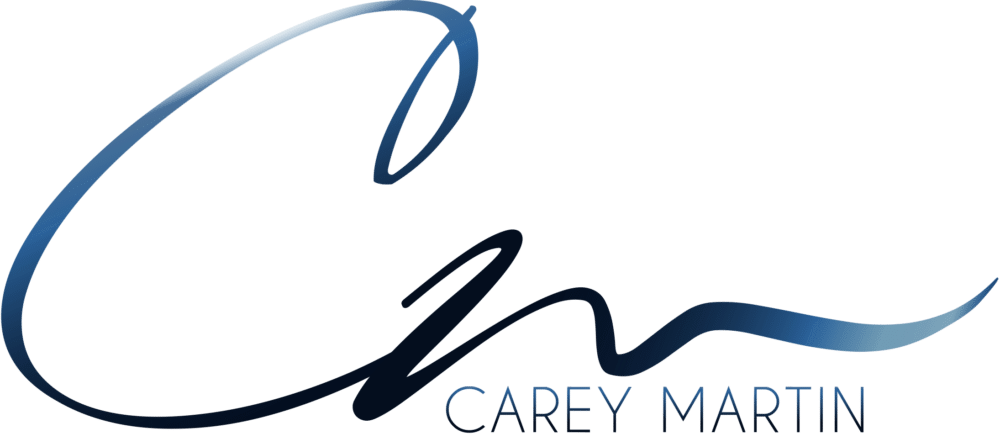
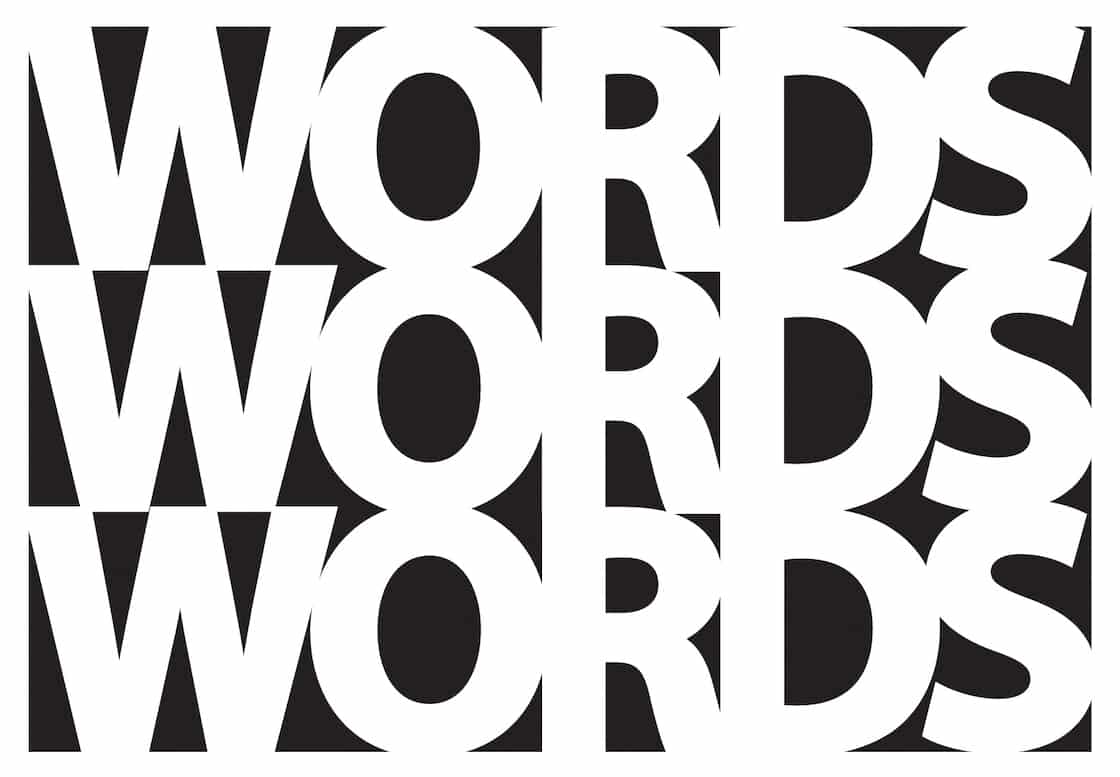
This is so true. Understanding how people communicate is so important to understanding what they need in life. I’m glad we all admire and celebrate our style of using words
Isn’t it interesting to consider the differences in only our own house? I admire and appreciate our differences.